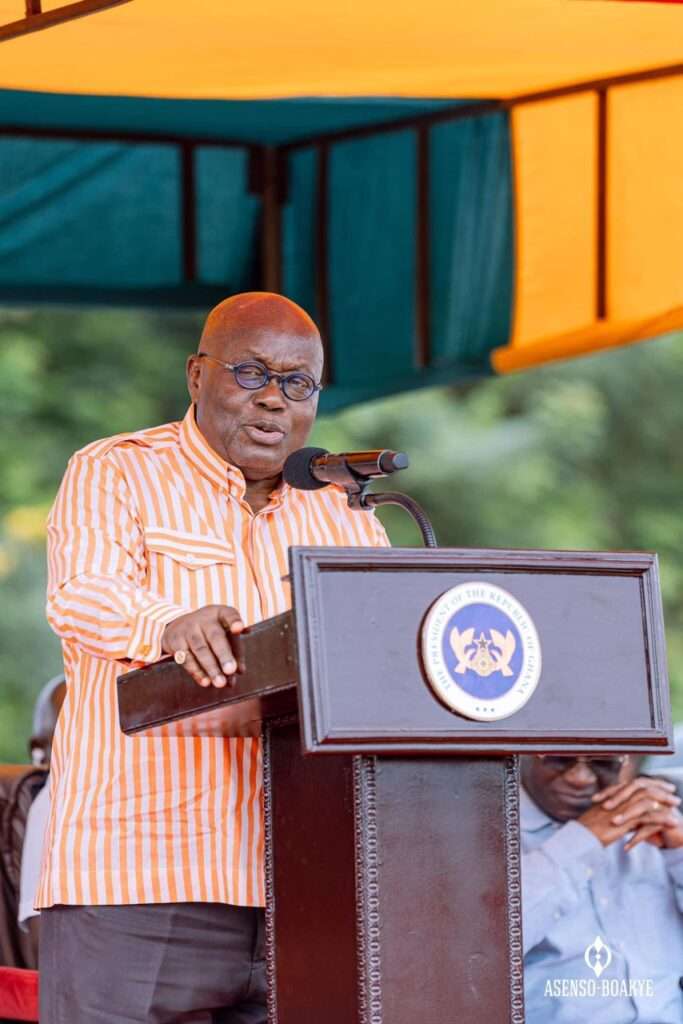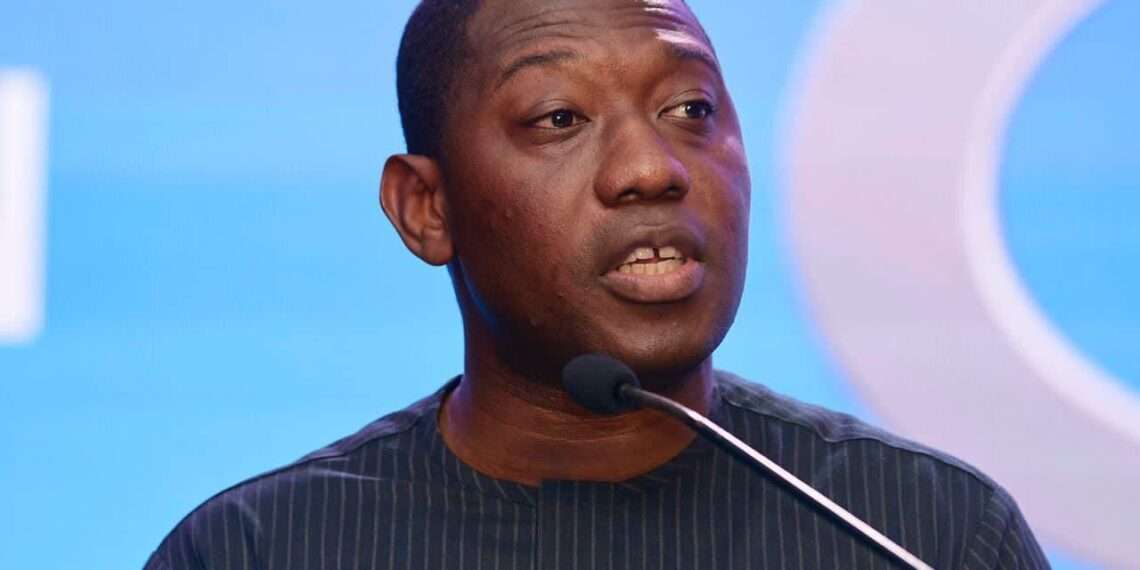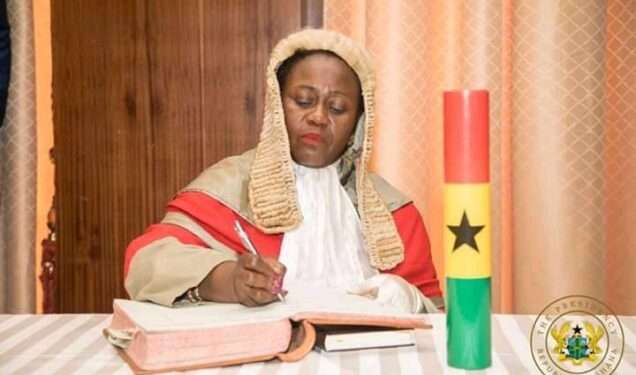Minister for Energy, Herbert Krapa, has announced that the country has resolved the recent electricity supply challenges that resulted in intermittent power outages over the past two weeks.
The assurance from the minister comes as the Asogli Power Plant, a critical facility in the national grid, resumes full operations, restoring stability to Ghana’s electricity supply.
“The recent shortfall in power supply which led to the lights going off in some parts of the country occasionally has been resolved.
“I can assure all Ghanaians that they will not be experiencing lights out going forward.”
Herbert Krapa, Minister for Energy
His remarks provide much-needed reassurance to citizens and businesses that have been grappling with power disruptions in recent weeks. The disruptions were primarily attributed to the temporary shutdown of the Asogli Power Plant, a vital electricity-generating facility.
Located in Kpone, the Asogli Power Plant is powered by natural gas and contributes significantly to the nation’s energy demands.
Minister Krapa explained that the plant’s temporary shutdown resulted in a shortfall in power supply, leading to load management issues in parts of the country. The shutdown, coupled with other capacity challenges, disrupted electricity supply in major cities and rural areas alike.
However, with the Asogli Power Plant now back online and operating at full capacity, the situation has been brought under control.
The Asogli Power Plant is one of the largest independent power producers in Ghana, with an installed capacity of 560 megawatts.
It plays a crucial role in ensuring a reliable and consistent power supply to the national grid. The temporary shutdown of this facility had a cascading effect on electricity distribution across the country.
Industry analysts have highlighted the importance of regular maintenance and modernization of critical energy infrastructure to avoid such disruptions in the future.
The swift return of the Asogli Power Plant to full capacity has underscored its pivotal role in stabilizing the grid and meeting the growing electricity demands of Ghana’s economy.
The resolution of the recent electricity challenges comes at a critical time for Ghana, as the country continues to expand its industrial base and improve access to electricity for all citizens.
While the restoration of stable power is a significant achievement, experts have cautioned that long-term measures are necessary to prevent similar incidents.
Minister Krapa, acknowledging these challenges, reiterated the government’s commitment to long-term energy stability.
He stated that the administration would continue to engage with stakeholders to implement strategies that not only address current issues but also anticipate future energy demands.
Collaborative Efforts to Resolve the Crisis

The swift resolution of the electricity supply issues highlights the collaborative efforts of the government and stakeholders in the energy sector.
President Nana Addo Dankwa Akufo-Addo, in a recent interview, clarified that the outages were caused by technical and capacity issues rather than financial constraints, as speculated by some observers.
“We’ve had challenges, especially in the last couple of weeks, and the Ghana Gas supply tripped. We’ve had capacity challenges during this period, which resulted in the power outages. This is not financial.”
President Nana Addo Dankwa Akufo-Addo
He further elaborated that the government, working closely with key entities such as the Ghana National Gas Company, the Volta River Authority (VRA), and independent power producers, had swiftly addressed the bottlenecks.
President Akufo-Addo emphasized the importance of resolving these technical issues to ensure the country’s energy security.
He assured the public that Ghana’s energy infrastructure is now stable, adding, “Today, we can assure the country that there would be uninterrupted supply. There would be full load, and management is now completely secure and stable.”
The recent challenges in Ghana’s power supply served as a stark reminder of the critical importance of energy security in national development.
With the Asogli Power Plant back online and assurances from both Minister Herbert Krapa and President Nana Addo Dankwa Akufo-Addo, the immediate crisis appears to have been averted.
Nonetheless, the incident underscores the need for continued investment in infrastructure, diversification of energy sources, and proactive management to ensure uninterrupted power supply.
READ ALSO: EC’s Directive to Limit Media Coverage of December Elections Unconstitutional – Dafeamekpor



















